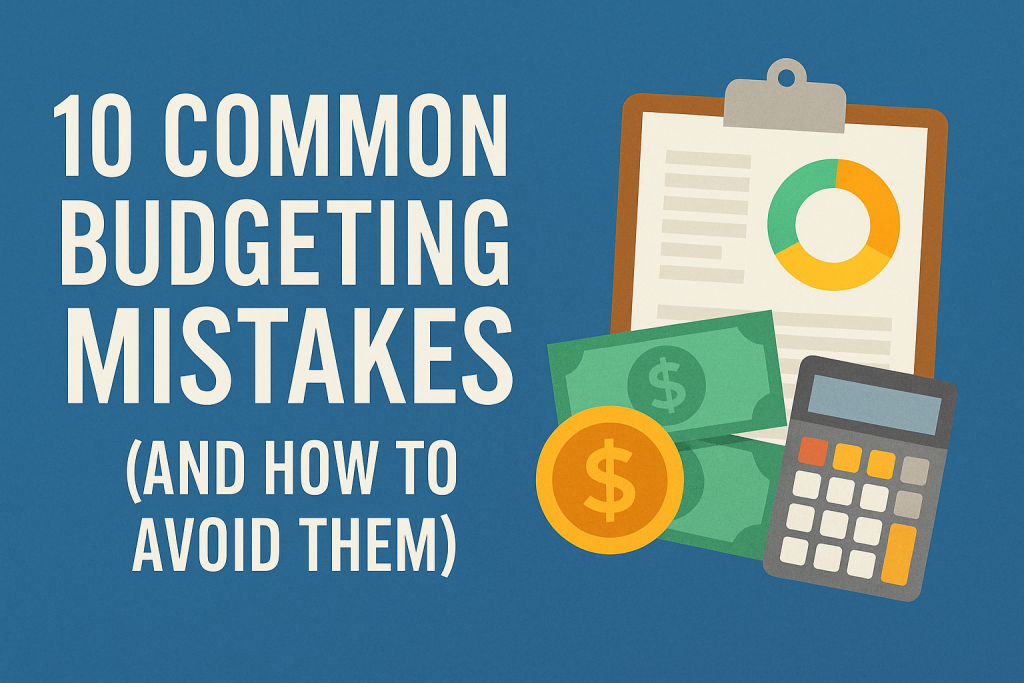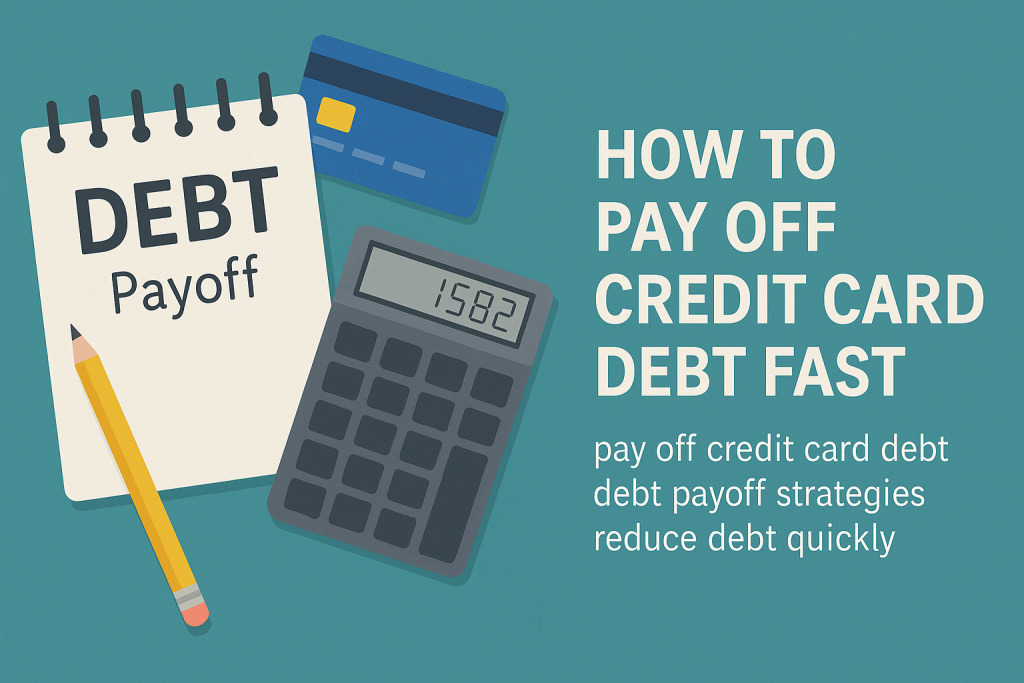Your credit score is a key factor in your financial health. It can affect your ability to borrow money, rent an apartment, or even get a job. Understanding what makes a good credit score and learning how to improve it are essential parts of smart money management. In this credit score guide, we’ll explain the basics, provide credit score tips, and show you how to improve your credit score over time.
What Is a Good Credit Score?
Credit scores typically range from 300 to 850, and most lenders use the FICO® Score or VantageScore models. Here’s how scores are generally categorized:
- Excellent: 800 – 850
- Very Good: 740 – 799
- Good: 670 – 739
- Fair: 580 – 669
- Poor: 300 – 579
In general, a score of 670 or higher is considered a good credit score. The higher your score, the more likely you are to qualify for loans and credit cards with favorable terms and lower interest rates.
Why a Good Credit Score Matters
A strong credit score opens doors to better financial opportunities. It can help you:
- Qualify for lower interest rates on loans and credit cards
- Get approved for higher credit limits
- Secure better terms on car loans and mortgages
- Rent an apartment or even land certain jobs
Building and maintaining a good credit score is an essential part of long-term financial success.
How to Improve Your Credit Score
Improving your credit score takes time, but with smart strategies and discipline, you can make significant progress. Here are some key credit score tips to help you get started:
1. Pay Your Bills on Time
Your payment history is the most important factor in your credit score. Always pay at least the minimum on your credit cards and loans by the due date. Setting up automatic payments or reminders can help ensure you never miss a payment.
2. Keep Credit Card Balances Low
High credit utilization—using a large percentage of your available credit—can negatively impact your score. Aim to keep your credit utilization below 30% of your total credit limit.
3. Don’t Apply for Too Much New Credit at Once
Each time you apply for a credit card or loan, a hard inquiry appears on your credit report. Too many inquiries in a short period can lower your score. Only apply for new credit when you truly need it.
4. Review Your Credit Report Regularly
Check your credit reports from the three major bureaus (Experian, Equifax, and TransUnion) at least once a year. Look for errors, such as incorrect account information or fraudulent activity, and dispute any inaccuracies you find.
5. Build a Long Credit History
Length of credit history also impacts your score. Keep older accounts open if possible, as they demonstrate responsible credit use over time. Closing old accounts can actually lower your score.
Final Thoughts
Your credit score is more than just a number—it’s a tool that helps you access financial opportunities. By following these credit score tips and using this credit score guide as a resource, you can take practical steps to improve your credit score and set yourself up for long-term success. Remember, good credit habits lead to strong credit scores—start today!


